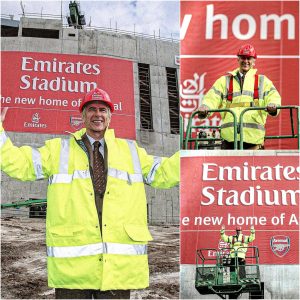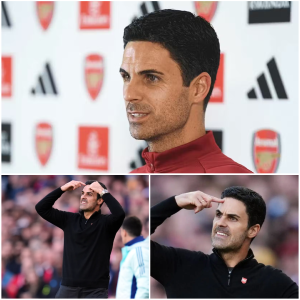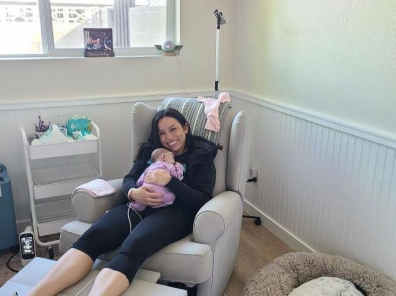
I’ve always wanted to be a mom. For a while, I was focused on my career. But once work stopped being the main focus of my life, I realized I had time for a child.
For many years, I have supported families with children who have complex medical backgrounds at my day job. I never thought I would be on the other side today.
At 21 weeks gestation, I learned something wasn’t right. My baby, Drew, was diagnosed with a rare heart defect called double outlet right ventricle (DORV). In DORV, the heart’s two major arteries are attached to the same chamber. As a result, oxygen-poor blood circulates throughout the body. Drew would need at least one open-heart surgery to live.
Our family tried to make my pregnancy as normal as possible. We prepared the nursery and shopped for her. At first, I didn’t want to plan a baby shower because I didn’t know what her life would look like. Once I was closer to the end of my pregnancy, it became real—I believed she was going to make it.
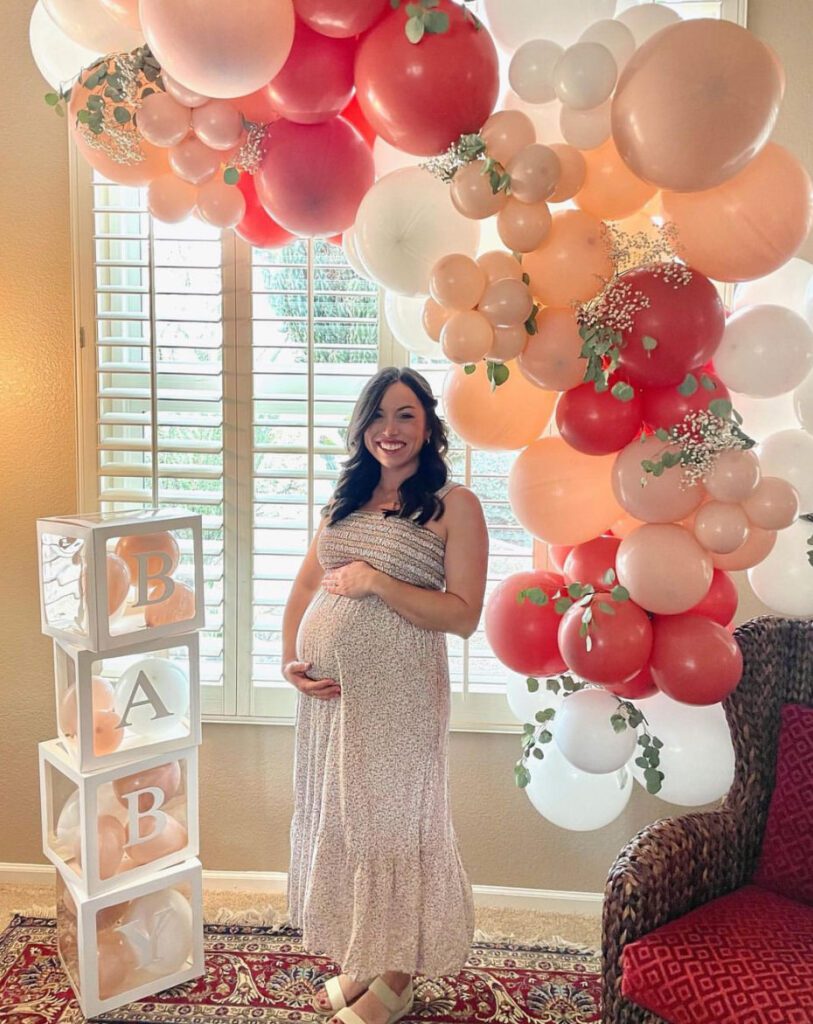
On November 9, 2022, I labored throughout the night. There were a few moments where her heart rate dropped—many professionals surrounded me on standby, ready to begin an emergency C-section if necessary. I knew it was supposed to be the best day of my life, but I also knew they would whisk her away once she was born.
To my surprise, I got to hold her on my chest after the birth. It was surreal. A few minutes later, they transferred her to the CVICU at Phoenix Children’s where she had her first lifesaving procedures: intubation and a balloon atrial septostomy.
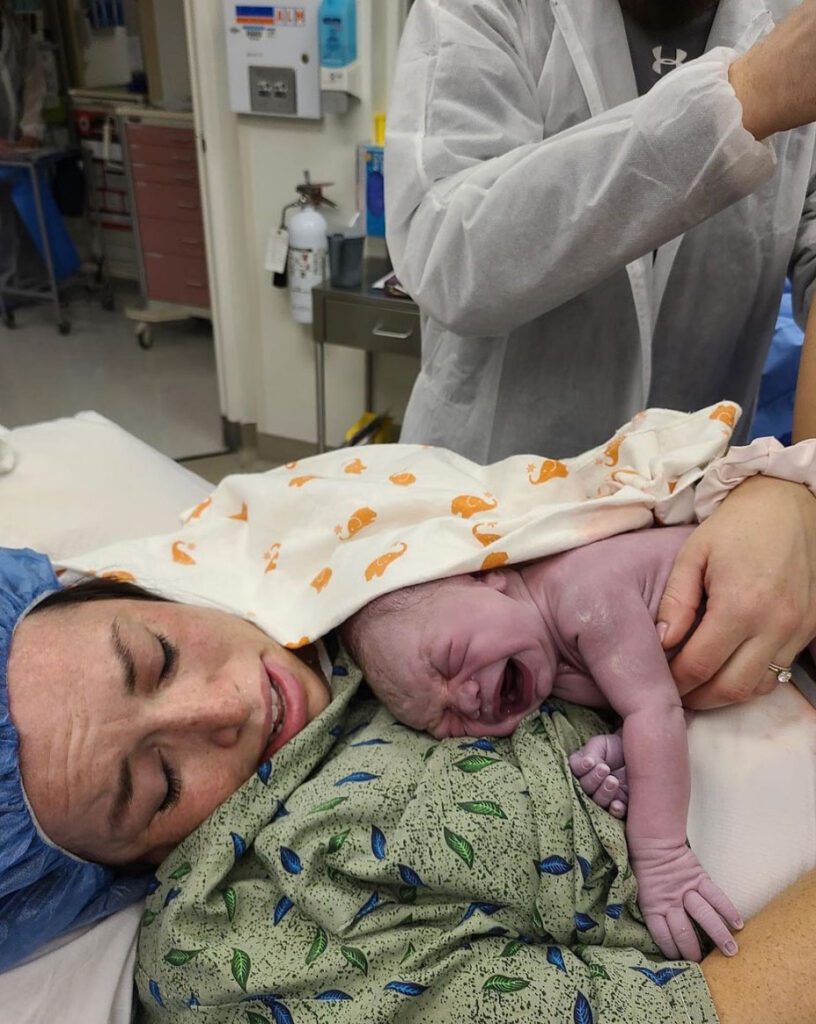
Testing of Drew’s heart after delivery revealed that she wasn’t ready for the surgery we anticipated—her body needed to grow first. We spent two weeks at Phoenix Children’s—Drew grew and stabilized while my husband and I learned how to use a nasogastric tube to supplement her feedings. Then we were ready to take Drew home.
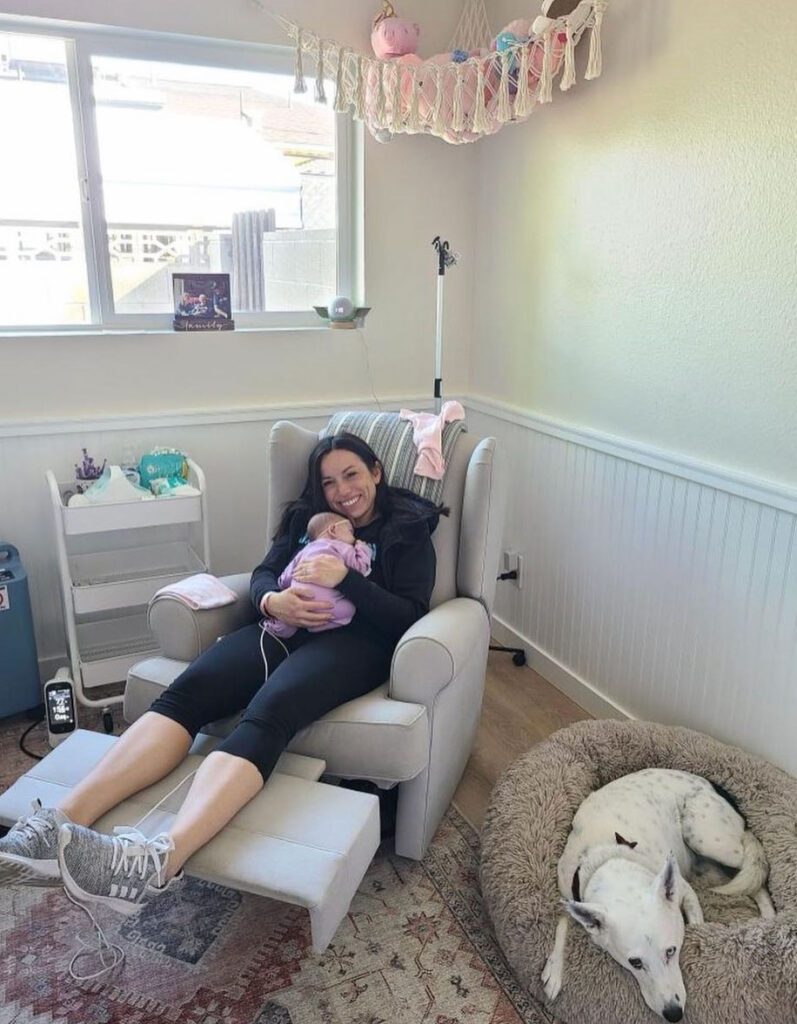
We had three precious weeks at home with her before we had to go back to the hospital. I began to learn how to be a new parent—I had stepped into the unknown, but I knew I was capable. Her oxygen levels needed to be checked throughout the day to ensure she was in her safe range, and when her levels trended down, I knew she needed to return to Phoenix Children’s. Drew would be readmitted and discharged four times due to poor oxygen saturation in the ensuing months.
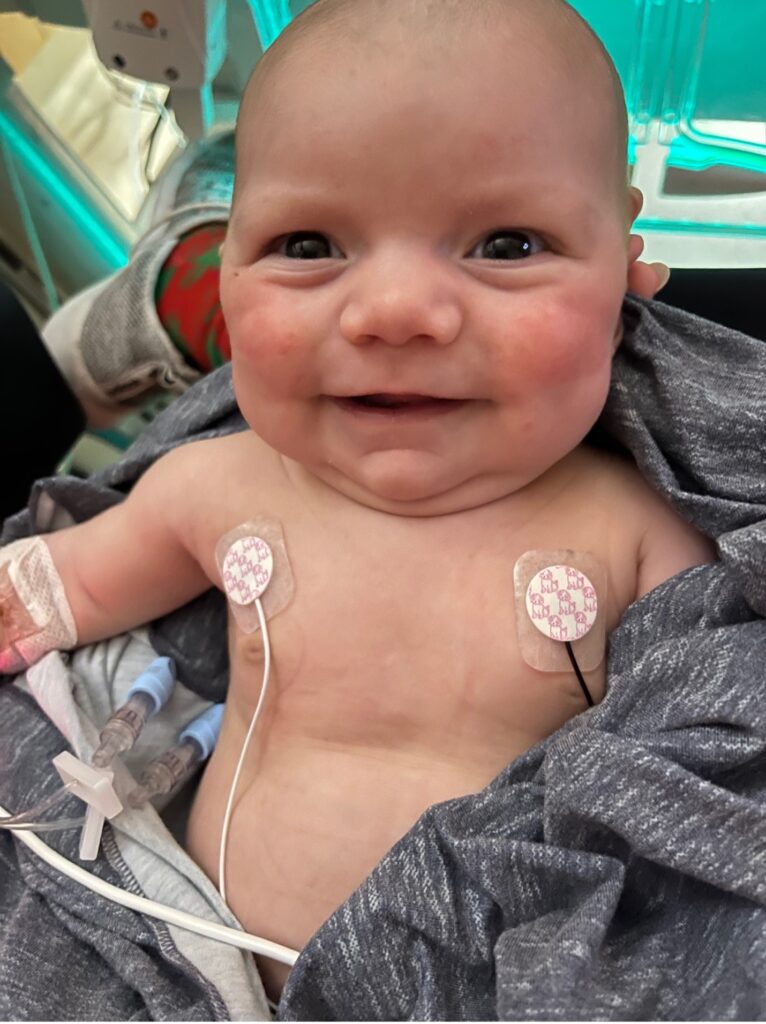
Drew had her long awaited surgery, a Rastelli procedure, at 4 1/2 months old. Her operation was a success—she came home eight days later! It was a relief to know it went well.
We’re on the other side of the mountain now. Feeding her is still a challenge, and she will need another open-heart surgery when she gets older. But we are thrilled to live a more normal life and do typical baby things.
We recently took her to Flagstaff, a place she couldn’t travel to before due to the elevation change (a higher altitude means lower oxygen saturation). She paid attention to everything with her big, curious eyes. Next, we’ll fly to see family she’s yet to meet.
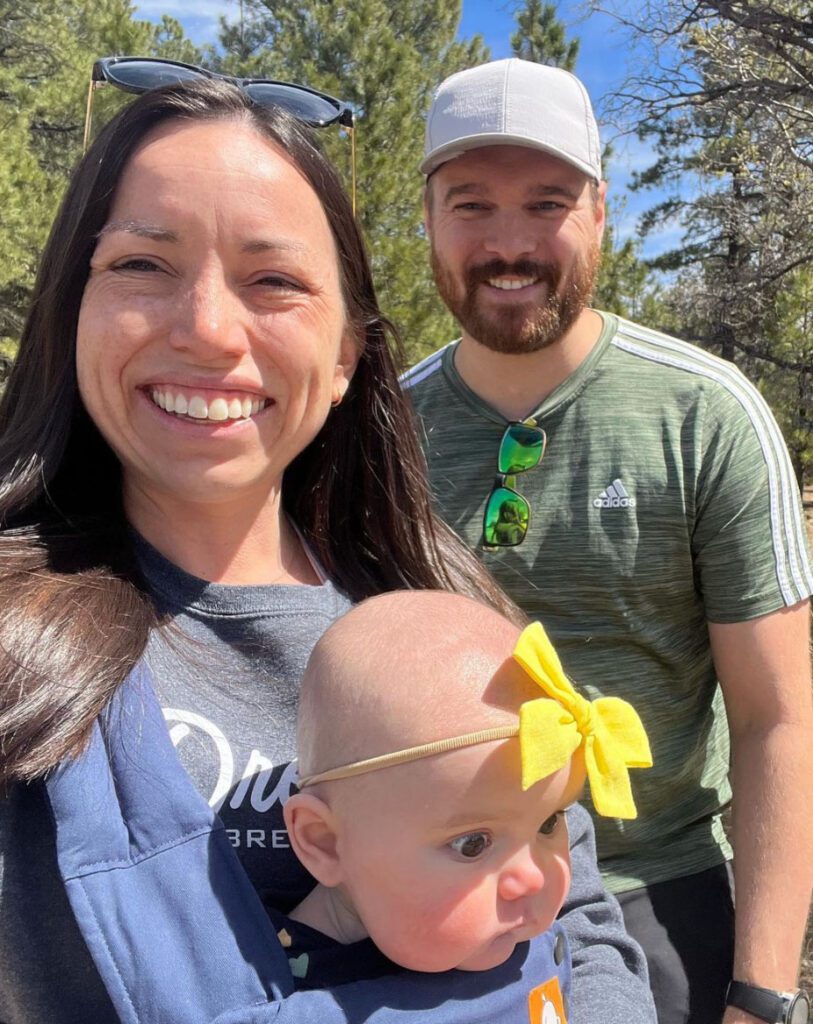
While no one wishes for something like this to happen to their baby, we have been fortunate to receive care from Phoenix Children’s. They have brought us comfort in a trying time, and I am grateful. There is a reason they call these babies heart warriors. Drew has shown incredible strength in her short life, and I am proud of her.
A mother’s love is an all-consuming kind of love. You are willing to do anything for your child. My advice to other mothers is to take one day at a time. When you think about everything in front of you, it’s easy to have anxiety. And I still do sometimes. Lean on people around you for support—sometimes you want to take it on by yourself, but you don’t need to.
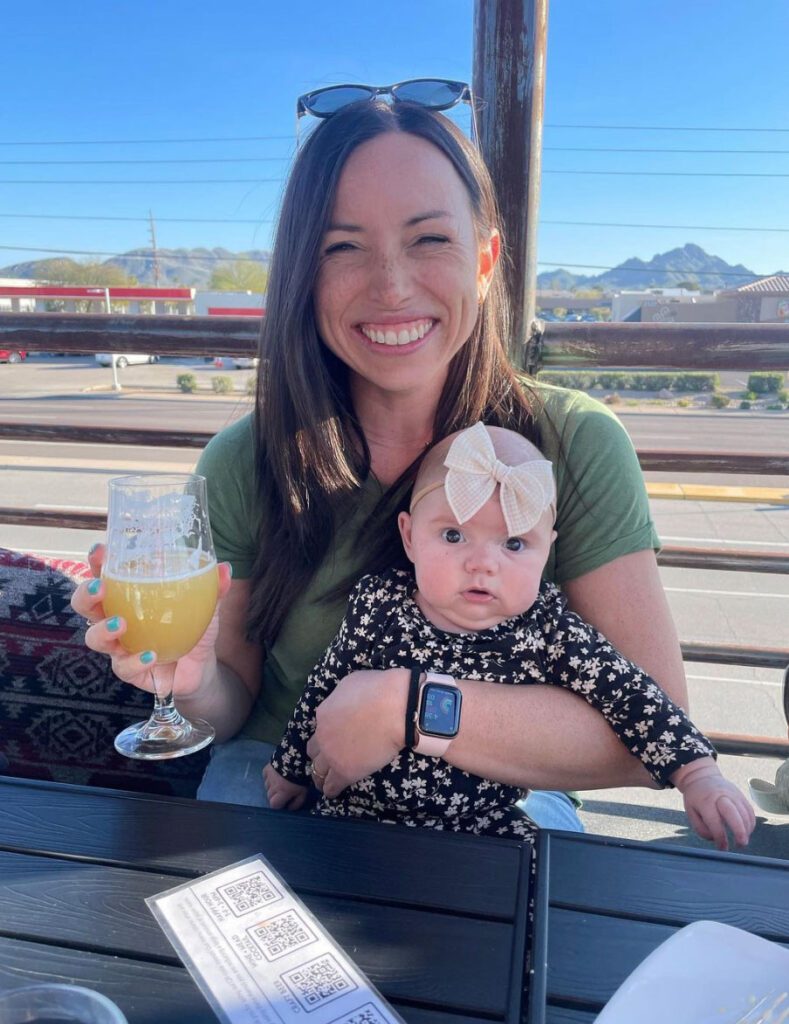
One out of every 100 children in the U.S. is born with a heart defect. Now is the time to invest in Phoenix Children’s Center for Heart Care-for Arizona’s children, and for patients like Drew.





